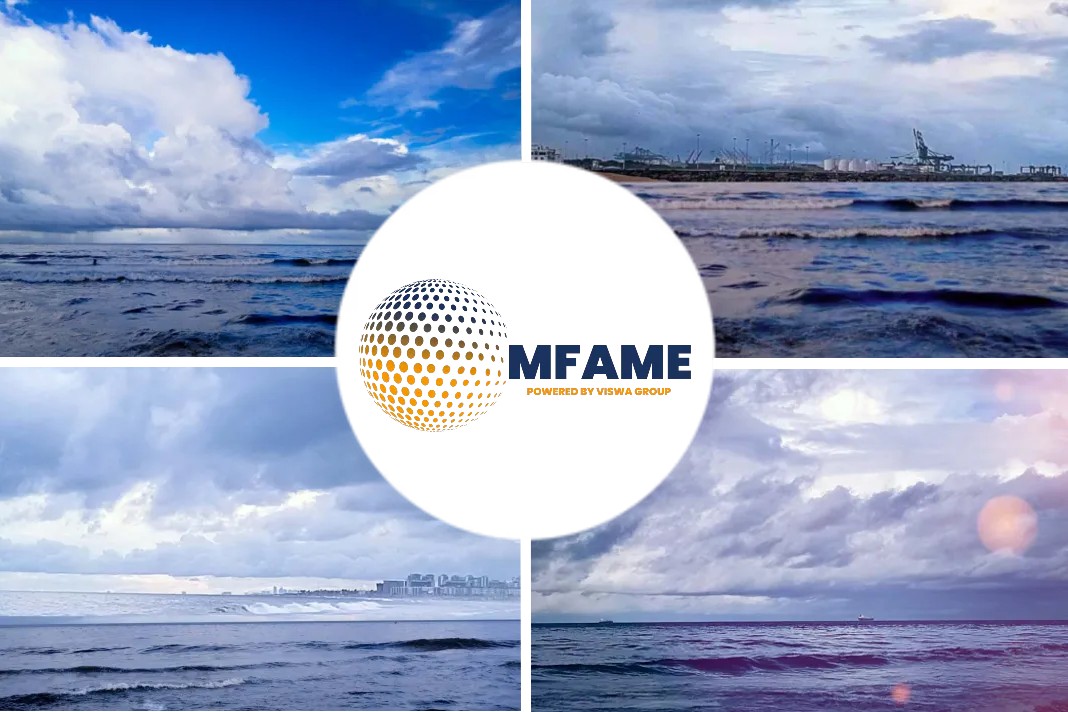Wood Mackenzie’s latest report reveals that the International Maritime Organization’s (IMO) 2030 carbon intensity target can be achieved with the adoption of the Energy Efficiency Design Index (EEDI) and Energy Efficiency Design Index for existing ships (EEXI) amendments at the Marine Environment Protection Committee (MEPC) 76 in June this year, says an article published in Wood Mackenzie.
Amendments Enforcement
The MEPC 76 amendments are due to be enforced from 2023 onwards and will mandate greater efficiency improvements for some types of vessels particularly very large new-build containerships. Under the EEXI, existing ships above 400 gross tonnage will also need to comply with tighter fuel efficiency regulations.
Principal Analyst’s Message
Wood Mackenzie principal analyst Iain Mowat said: “Adoption of the EEDI and EEXI amendments would result in IMO achieving its target of reducing carbon intensity by at least 40% by 2030. This would cause a further decline in international marine bunker oil demand of around 370,000 barrels per day (b/d) by 2030 compared to our current outlook.”
Fuel consumption reduction
If the reduction in fuel consumption were to be fully met by Engine Power Limitation, an overall fleet speed reduction of over 6% would be required. For a typical product tanker travelling from Rotterdam to New York Harbour, this could add an extra day to the overall journey. Idle capacity in the tanker market ranges between 4% and 6%. This could tighten further with additional slow steaming, impacting freight rates.
Marine LNG
“The use of marine LNG could ease growth in shipping carbon emissions, but LNG carbon content is still high relative to low carbon alternatives,” Mowat said.
Marine LNG is expected to grow steadily through this decade, displacing nearly 0.7 million b/d of oil bunkers by 2030. However, it contributes 9% of overall shipping emissions, underlining its limited role in meeting future greenhouse gas targets. Still, growth in marine LNG will accelerate through the 2030s but slows post 2040 as zero-carbon fuels become more prevalent.
IMO 2050 target
“A major shift towards low- and zero-carbon fuels by 2050 is absolutely required to reach IMO’s target to halve overall greenhouse gas emissions from international shipping by 2050,” Mowat added, “and to meet the 2050 carbon intensity target, IMO needs to extend the EEDI regulations beyond Phase three with ambitious new targets. Achieving this 2050 target though would result in a further decline in international marine bunker oil demand of around 0.9 million b/d by 2050 compared to our current outlook.”
Wood Mackenzie’s base case assumes that improvements in fuel efficiency continue at an annualised rate of around 2.8% between 2030 and 2050 for new-build vessels, so that the EEDI index falls from 0.7 in Phase three to 0.4 by 2050.
Alternative biofuels
Low-carbon alternatives such as biofuels could play an important role in decarbonising shipping, but supply availability is a key constraint. Priority goes to the road sector due to established government mandates, and secondarily to the aviation sector.
Mowat said: “Synthetic e-fuels could become more widespread by the end of the 2040s, supported by the increasing availability of green hydrogen capacity. This could be the long-term solution towards decarbonising the shipping industry.”
Did you subscribe to our daily newsletter?
It’s Free! Click here to Subscribe!
Source : Wood Mackenzie


















